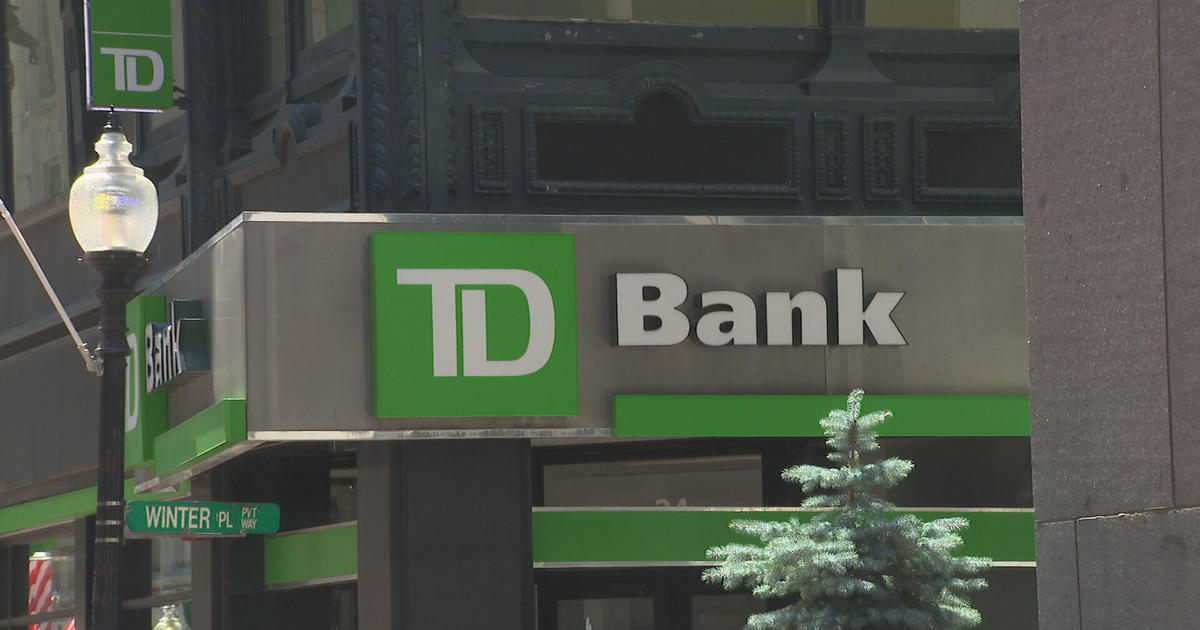TD Bank, the tenth largest bank in the U.S., has agreed to pay a hefty $3.55 billion in penalties after admitting to serious lapses in its anti-money laundering (AML) procedures. This settlement marks a significant blow to the bank, which has faced scrutiny over its failure to effectively detect and prevent financial crimes.
Systematic Failures in Anti-Money Laundering Controls
Over a period of nearly a decade, from 2014 to 2023, TD Bank’s AML program exhibited persistent and widespread deficiencies, ultimately leading to substantial money laundering activities.
Insufficient Monitoring and Lax Policies
Despite repeated warnings from regulators and the bank’s own internal auditors, TD Bank neglected to implement necessary safeguards against money laundering. This lax attitude resulted in a staggering $18.3 trillion in customer activity going unchecked, paving the way for criminal elements to exploit the bank’s vulnerabilities.
Empowering Money Laundering Rings
The lack of robust AML practices allowed three distinct money laundering rings to transfer more than $670 million through TD Bank accounts. These operations highlight the serious consequences of the bank’s inadequate oversight.
Employee Collusion
Adding to the severity of the situation, TD Bank employees were involved in facilitating money laundering activities. In one instance, employees were bribed with gift cards to process suspicious transactions, including large cash deposits exceeding $10,000. In another incident, an employee actively helped launder drug proceeds in exchange for bribes, opening numerous shell company accounts to channel illicit funds.
Consequences and Accountability
The extent of the bank’s failures led to significant consequences, including a massive financial penalty and criminal charges against two TD Bank employees involved in the schemes. The Justice Department and regulatory agencies highlighted the serious implications of failing to effectively implement AML protocols.
Acknowledgment and Repercussions
TD Bank CEO Bharat Masrani publicly acknowledged the failings within the bank’s AML program, calling it a “difficult chapter” in its history. While acknowledging the shortcomings, he stated that the bank is undertaking steps to strengthen its AML controls and address the deficiencies that allowed criminal activity to thrive. The penalties and reputational damage associated with this settlement are a significant setback for TD Bank. The bank is now facing increased scrutiny and heightened regulatory oversight to ensure it rectifies the issues and implements effective AML controls to prevent similar transgressions in the future.
## Takeaways
- Importance of Robust Anti-Money Laundering Programs: The TD Bank case underlines the crucial role of effective AML programs in protecting financial institutions from exploitation by criminal elements.
- Accountability and Consequences: Failure to maintain adequate AML controls can result in severe financial penalties and criminal charges, emphasizing the importance of robust oversight and compliance with regulations.
- Employee Role in AML Compliance: The involvement of employees in money laundering activities highlights the need for rigorous employee training and awareness programs to prevent insider collusion.
- Reputation and Trust: Failing to uphold AML standards significantly impacts a bank’s reputation and erodes public trust, leading to reputational damage and potential business losses.
- Continuous Improvement: Financial institutions must implement robust AML controls, engage in regular risk assessments, and continuously improve their procedures to stay ahead of evolving money laundering threats.




